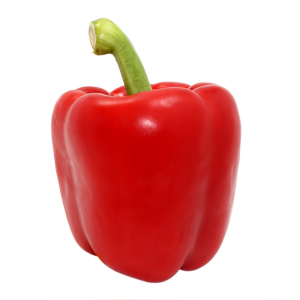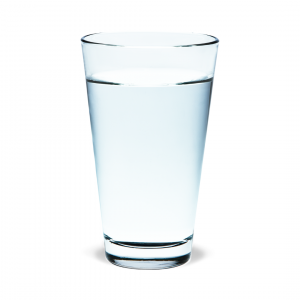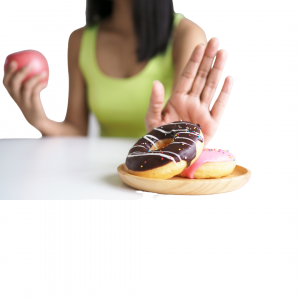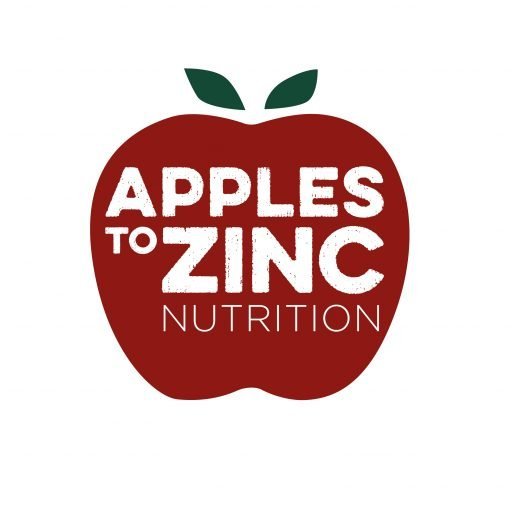Keeping Healthy In Autumn & Winter
My top tips for your health in Autumn
As the leaves start to change colour it is a good time to look at a few small changes you can make that might help you to keep healthy in Autumn. With the change in weather comes a dip in temperature and an increase in bacteria, exposing you to more germs. Often people find that from October they get a lot more coughs and colds. But fear not, I am here to give you my top tips on keeping well in Autumn and throughout Winter.
In the blog below I’ll be explaining why it’s more important to look after our health in the colder months and I will be covering these tips and snippets of information.
- Why we get more illnesses in the colder months
- The power of Vitamin C
- Maximising Vitamin D
- Hydration, hydration, hydration
- Mental wellbeing boosters
- The Energy impact
- Why sugar is not your friend
Why We Get more Coughs & Colds In The Colder Months
The colder months are often negatively associated with health but there is good reason for why we may get more coughs and colds then than in the summer. Firstly, we are indoors with the windows shut a lot more than in the summer which means we are often closer to others and so it is easier for germs to spread. Secondly, the size of air molecules is different in the colder versus the warmer months and germs stay in the air longer when it is cold. Lastly, and arguably the most important factor, with less sunshine and daytime hours it is not possible to get as much Vitamin D into the body and this is crucial for the optimal functioning of our immune systems
Here are some practical tips to help you
# 1. The Power Of Vitamin C

The foods richest in vitamin C are fruits and vegetables so a very easy way to get enough is to have at least 80g-160g of fruits or vegetables with every meal and snack. Did you know that 100g of red pepper or broccoli or kiwi fruit actually have more vitamin C than 100g of oranges – so just getting a good mix of all fruits and vegetables will be a great start.
#2 Maximising Vitamin D
 Did you know that vitamin D can really only be sourced by the sunshine and Public Health England (PHE) recommends everyone in the UK take a vitamin D supplement throughout the winter months?
Did you know that vitamin D can really only be sourced by the sunshine and Public Health England (PHE) recommends everyone in the UK take a vitamin D supplement throughout the winter months?
Vitamin D is great for bones but has a big role in the immune system too as it helps to stimulate immune cell production. It also helps with mood and with sleep.
The darker your skin or the hotter the climate your genetics originate from, the higher your requirement for, and risk of deficiency is for vitamin D. This is especially so if you live in a place such as the UK where the autumn and winter sun is quite weak.
If you aren't taking a vitamin D3 supplement daily then you should be considering it with a dose of around 1000iu per day!
#3 Hydration, hydration, hydration....
Drinking adequate water is great for many aspects of health in general BUT did you know it supports your immune system to keep you healthy in autumn and winter too?

The main way water is thought to help is with the lymphatic system. This is a system that is comprised of around 90% water and its role is to remove toxins and waste from the body and transport vital infection fighting immune cells around the body.
If we are dehydrated this system can become sluggish which naturally impacts how effectively the immune system might work. Water also supports our blood volume. The blood needs water to help it transport immune supporting nutrients around the body. Again, with dehydration this may mean that those nutrients can’t get to where they need to be.
We should ideally be drinking enough water so that you pass urine every few hours and that it is a very pale “apple juice” colour. For most people this is around 2 litres but may be more or less depending on weight, exercise levels and the environmental temperature
As a bit of a bonus, moderate exercise can help the lymphatic system move around more so some brisk walks, Pilates, yoga or a gym work out would support this too
#4 Mental Wellbeing Boosters

-
Getting outside as often as you can when the sunlight is strongest
-
Avoid sugars , processed foods and fried foods as these reduce serotonin levels
-
Get some exercise as this helps to boost mood
- Prioritise sleeping as this links to so many aspects of health. You need to reset your body for your immune system to work effectively and you need that rest time to support energy and mood.
- Nurture our gut health as your gut bacteria makes serotonin too (lots of fruits and vegetables to help give your good bacteria great foods, avoid any foods that you feel you don't tolerate well or get some one to one help from me to really support you!
#5 The Energy Impact
- Prioritising sleep so that you get enough time to reset and recharge the body (actually Research has shown that sleep deprivation may decrease the production of some very important immune cells so it's a double whammy if you don't get enough shut eye!)
- Moderate exercise as this can give you a bit of a boost in energy
- Avoiding energy zapping foods such as sugar (see below), processed foods and alcohol
- Eat more energy giving foods such as those high in B vitamins - dark green leafy vegetables, lean proteins and complex carbs
#6 Why Sugar Is Not Your Friend
 Sugar is a very inflammatory food and so it actually adds to the burden on your immune system rather than supports it. When we eat a lot of sugar it triggers inflammation and that will then weaken our overall immunity. This makes us more susceptible to bugs and won't help at all with keeping health over autumn and winter.
Sugar is a very inflammatory food and so it actually adds to the burden on your immune system rather than supports it. When we eat a lot of sugar it triggers inflammation and that will then weaken our overall immunity. This makes us more susceptible to bugs and won't help at all with keeping health over autumn and winter.
Sugar also destroys the beneficial bacteria that lives in our digestive systems (those trillions of bugs play a rather big and integral role in immunity so we need to keep hem happy).
Sugar is found in all kinds of foods from the obvious (cakes, sweets, and biscuits) to the not so obvious (cereals, sauces and flavoured yoghurts). If you think you have too much sugar in your diet and what to quit or just have less, then my latest self guided sugar reset course is a perfect start.
Need Help Making Changes?
Knowing where to start on making changes to help your energy is not always easy and that is exactly where I can help you. It is hard to change habits but together we can achieve it and get you feeling less frazzled.
Why not book a free call with me to see how I can help you achieve your health aspirations (click here) or join my growing Facebook community of woman who want to feel “Less Frazzle and More Sparkle” (click here)
